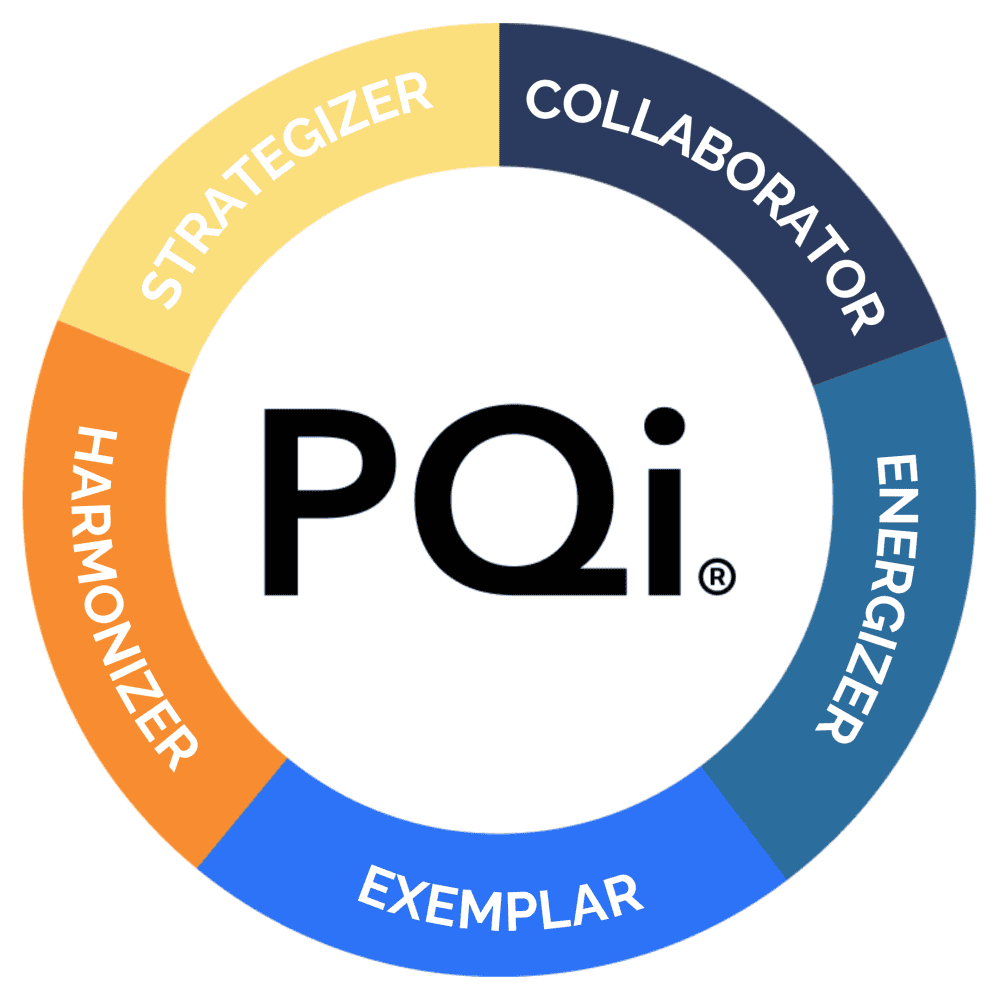How well do you know the art of building trust in your partnerships? What if you could tap into a set of skills designed specifically to deepen connections, foster collaboration, and create partnerships that stand the test of time?
At AchieveUnite, we’ve been on a journey to understand the nuances of trust in partnerships, and this exploration led us to create the Partnering Quotient Index (PQi®). Developed in collaboration with researchers at Notre Dame, Arizona State University, and the University of Glasgow, PQi brings a scientific approach to something inherently human: building trust. It’s a tool grounded in behavioral science and social psychology, crafted for professionals who are ready to engage more deeply with the people they work with.
Whether you’re a leader overseeing complex collaborations, a partnership manager focused on alignment, or someone simply curious about the dynamics of trust, PQi offers a framework to see yourself and your partnerships through a new lens.
What Makes PQi Unique?
PQi goes beyond conventional personality assessments by focusing on real-life interactions. Unlike assessments that categorize people into types, PQi helps you understand the ways you naturally approach partnership—and how to adapt those strategies to diverse contexts and individuals. Think of it as a “social partnership in action” tool, one that gives you insights into your default approaches while encouraging flexibility and growth in your relationships.
Recognizing Your Partnering Schema
One of the most compelling aspects of PQi is its focus on “default partnering schemas”—mental frameworks we use to make sense of our social world. Social psychologists describe these schemas as shortcuts that help us process complex interactions efficiently, yet they can sometimes lead us to rely on habits or assumptions that don’t serve us well in every situation (Baer et al., 2015; 2018; 2021).
By identifying your PQi profile, you gain insight into these automatic patterns and learn how to expand your approach, cultivating a more adaptive and inclusive style of partnering. It’s a shift from operating on autopilot to making intentional choices in building trust and connection.
Practical Tips for Deepening Trust in Partnerships
Here are three key practices for using PQi to strengthen trust in your partnerships:
- Be Mindful of Your Trust-Building Approach
Start by examining how you approach trust. Reflect on what behaviors support trust in your partnerships, and consider areas where small changes could make a big difference. A mindful approach encourages others to feel seen and valued. - Prioritize Meaningful Connections
Focus your efforts where they count. Not every partnership requires the same level of trust, so identify those that are central to your goals and invest there. Like any meaningful relationship, trust in business partnerships flourishes with mutual commitment and consistent attention. - Apply PQi Insights to Everyday Interactions
Use your PQi profile to guide each interaction, whether it’s a formal meeting or a quick touchpoint. Think of each exchange as an opportunity to reinforce trust, adapt your approach as needed, and create a partnership experience that feels authentic for everyone involved.
Measuring Progress: Tracking Your Trust Journey
Building trust is a gradual process, and it’s valuable to set tangible milestones with your partners. Regular check-ins and open dialogue can help you gauge progress and keep trust growing. This shared journey toward trust isn’t just a box to check—it’s a foundation for resilient, effective partnerships.
The PQi Training- Strengthening your PQi Blind-spots:
1. To increase understanding, participants learn about the different ways partners develop trust. In learning about each PQi profile, participants develop a common partnering trust language, expand the available partnering tools or strategies, and anticipate the diverse preferences of existing and potential partners.
2. Participants continue to expand their understanding of ways partners can develop trusting relationships by unpacking specific scenarios in group workshops. The active learning and dialog between peers offer insight into how to grow and leverage partnering trust tools from each of the profiles. In this setting, participants not only analyze their dominant approach but explore ways to bolster their less-used tools.
3. Learning is not a one-time event. Participants need to continue to use the language developed in previous interactions to develop fluency and create stronger neurological connections to the content and partnering trust-building methods. Additional workshops help to solidify previous experiences and ensure the processes are integrated practically.
Suggested Activities
Look out for partnering scenarios, either new/ emerging or more secure/ long-standing. Answer the following questions
- Which profile or descriptor may best describe how I am approaching this partnering dyad?
- Which profile or descriptor best describes how my partner is approaching this situation?
- How trusting is the partnership now (compared with prior trust levels if applicable)?
- Which partnering profile/ tools will raise the level of trust on my/ their side?
Now test, reflect, adjust and revisit!
For more insights and resources on PQi and trust-building, join us in our PQi® Foundations course or explore our latest resources tailored for partnership leaders. Or bring PQi® into your company through coaching or private cohorts learn more about it here: https://www.achieveunite.com/pqicertifiedpractitioner/




